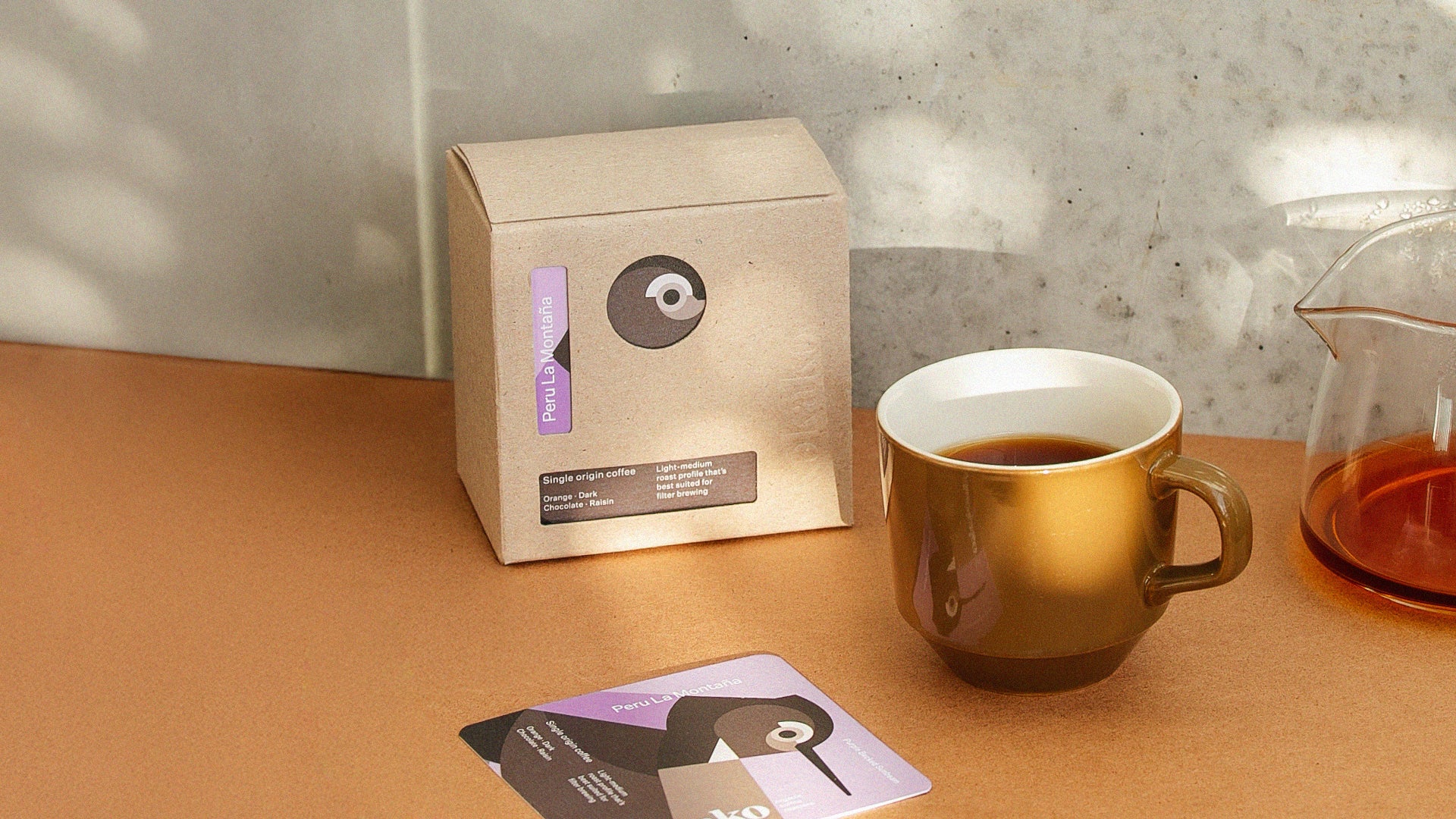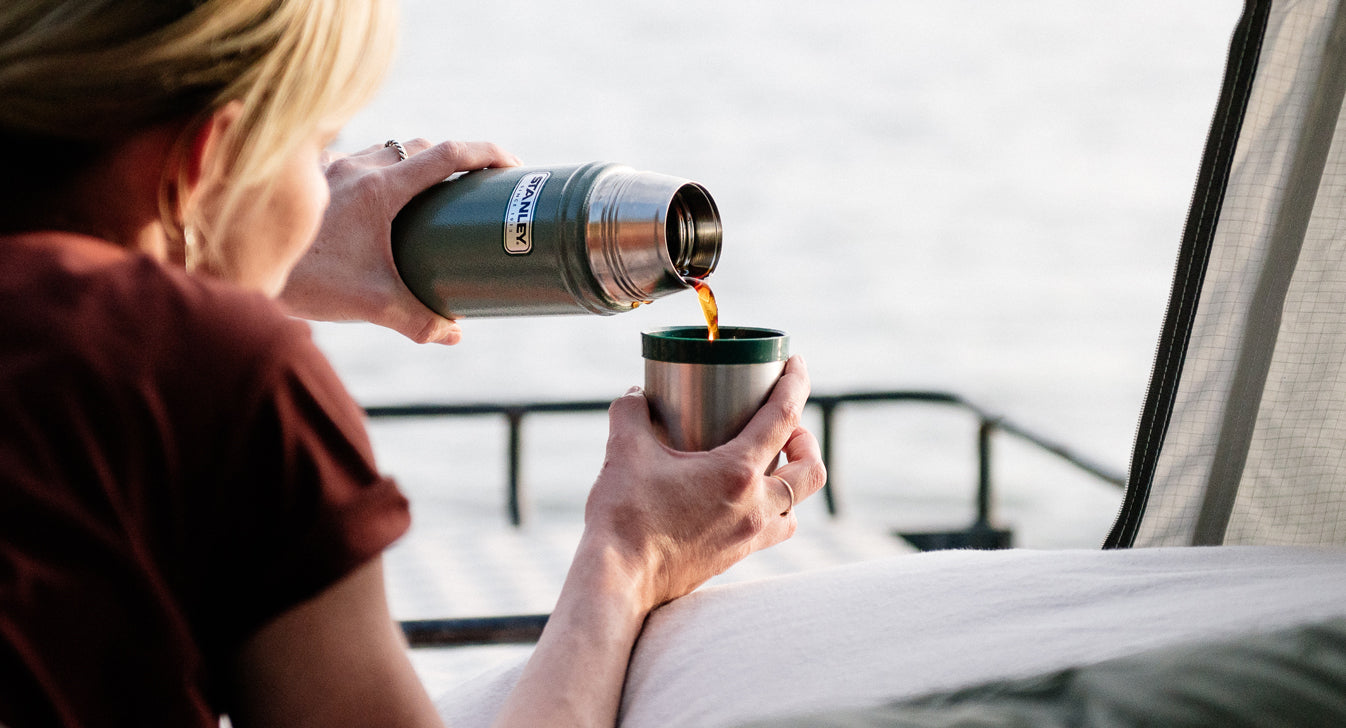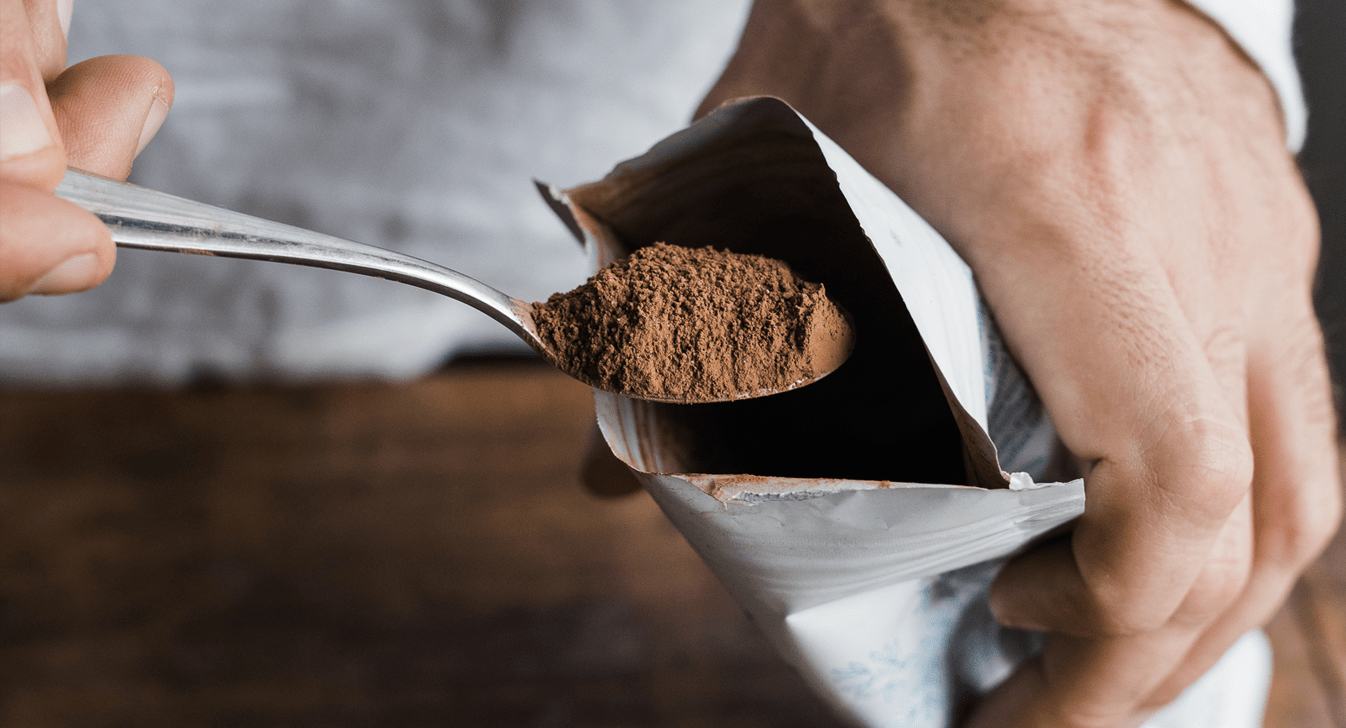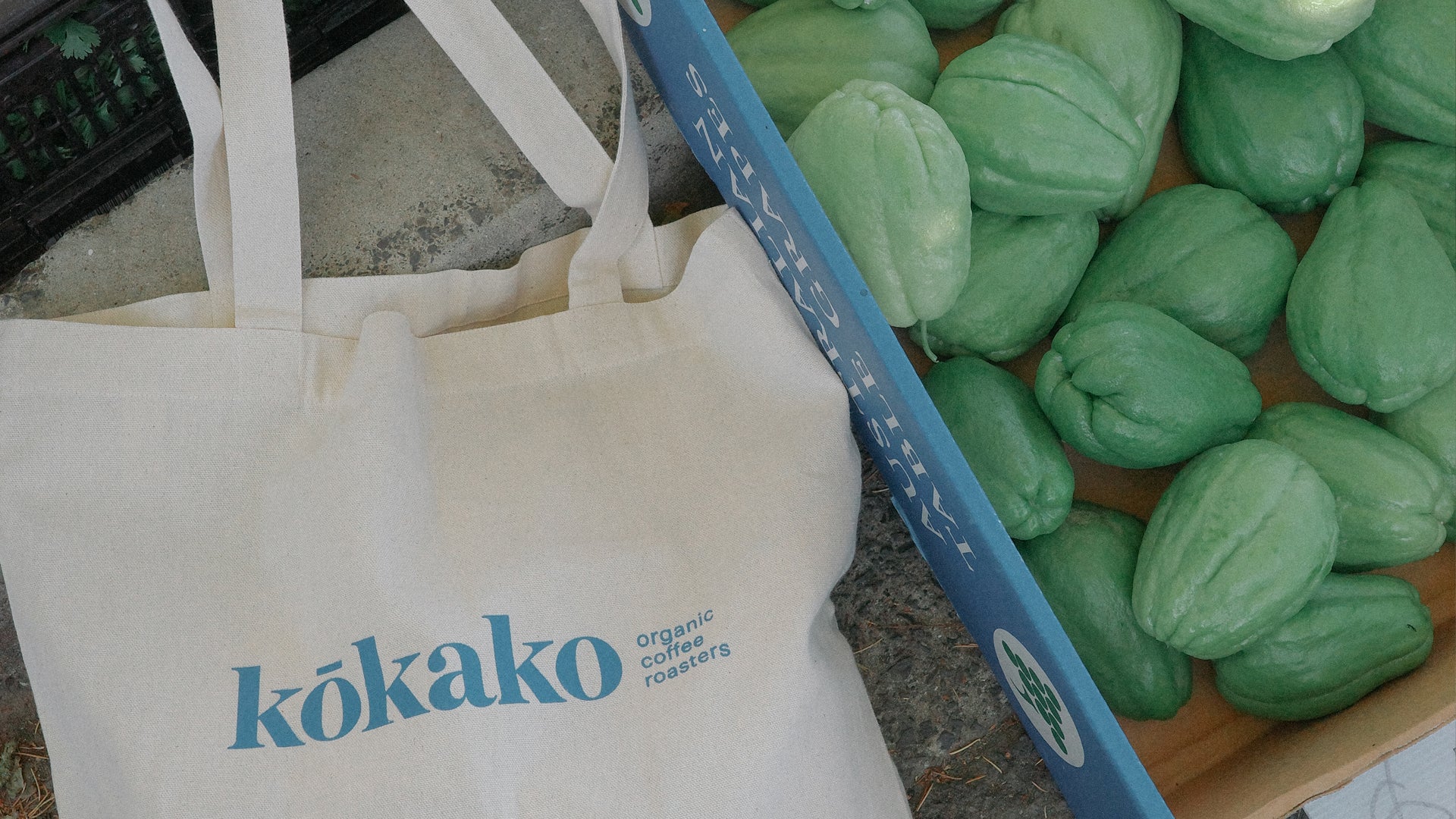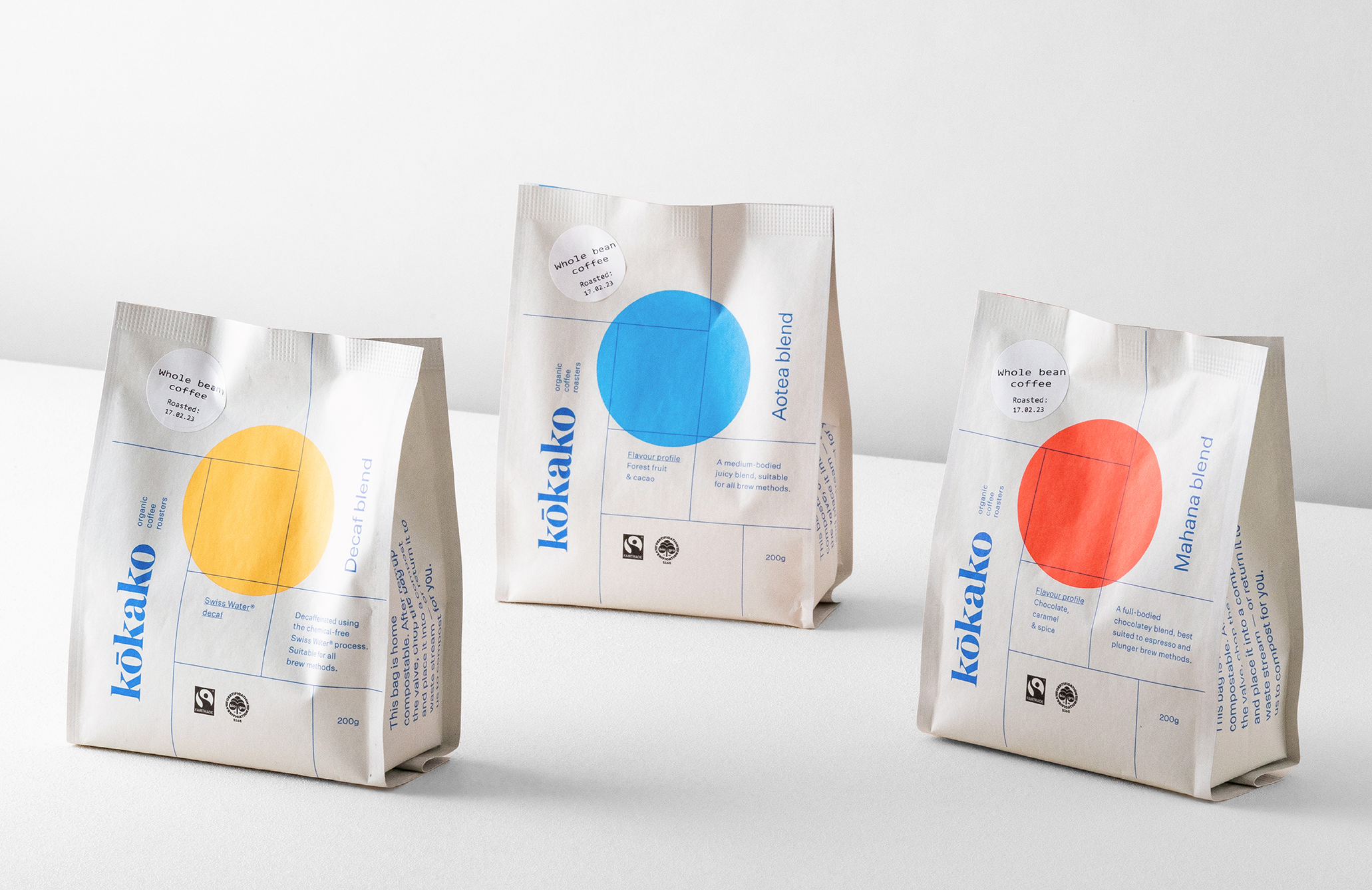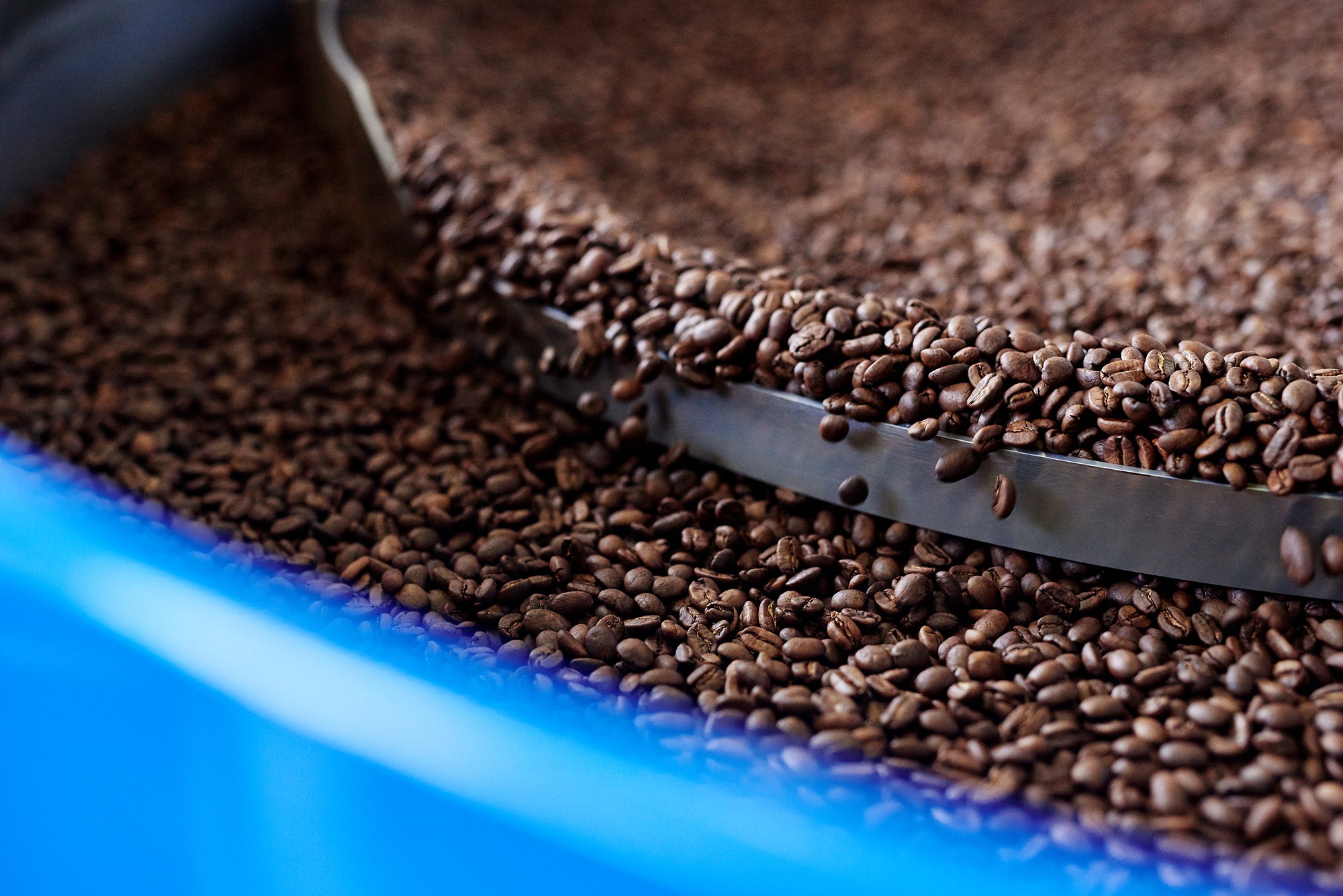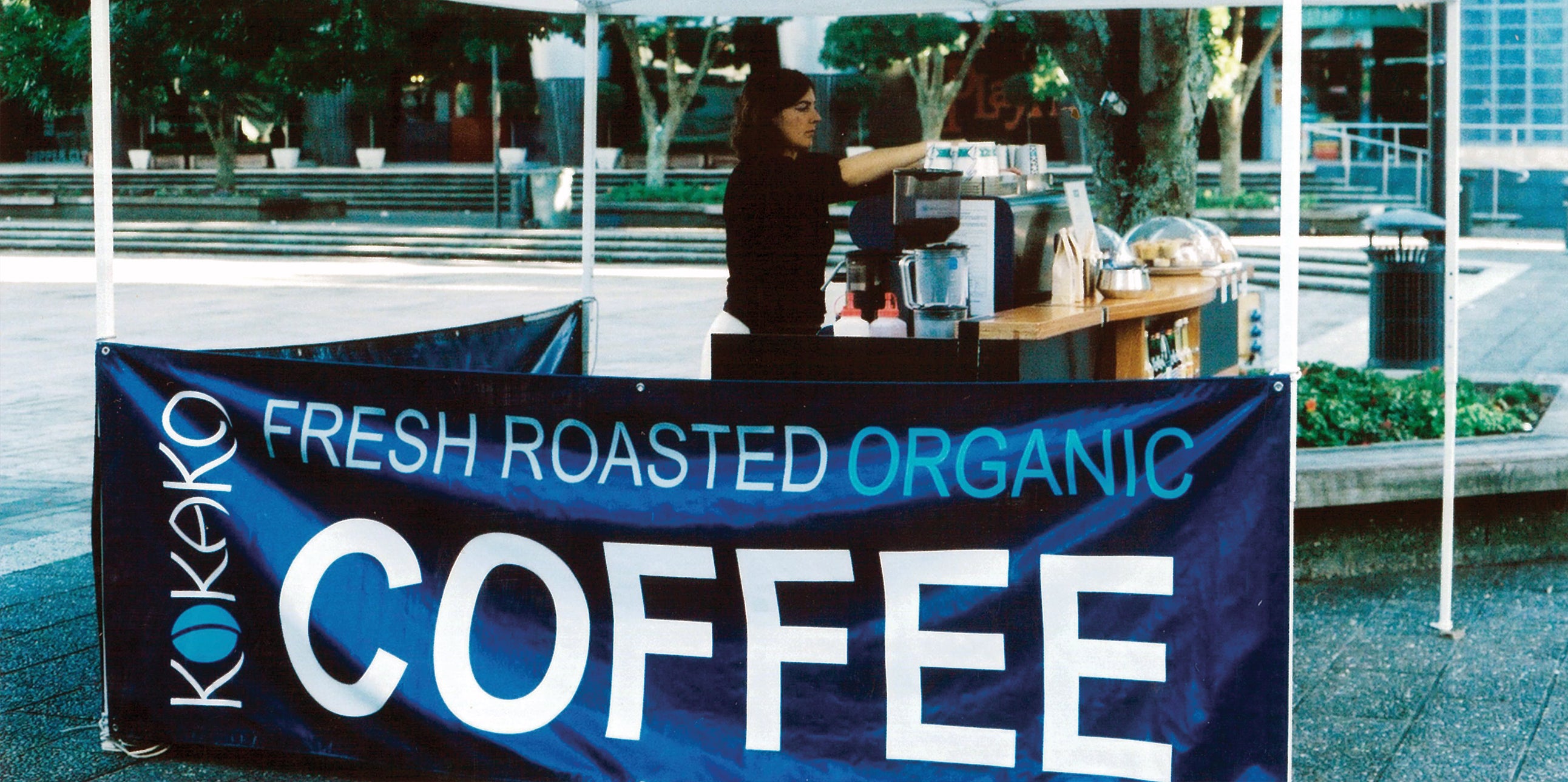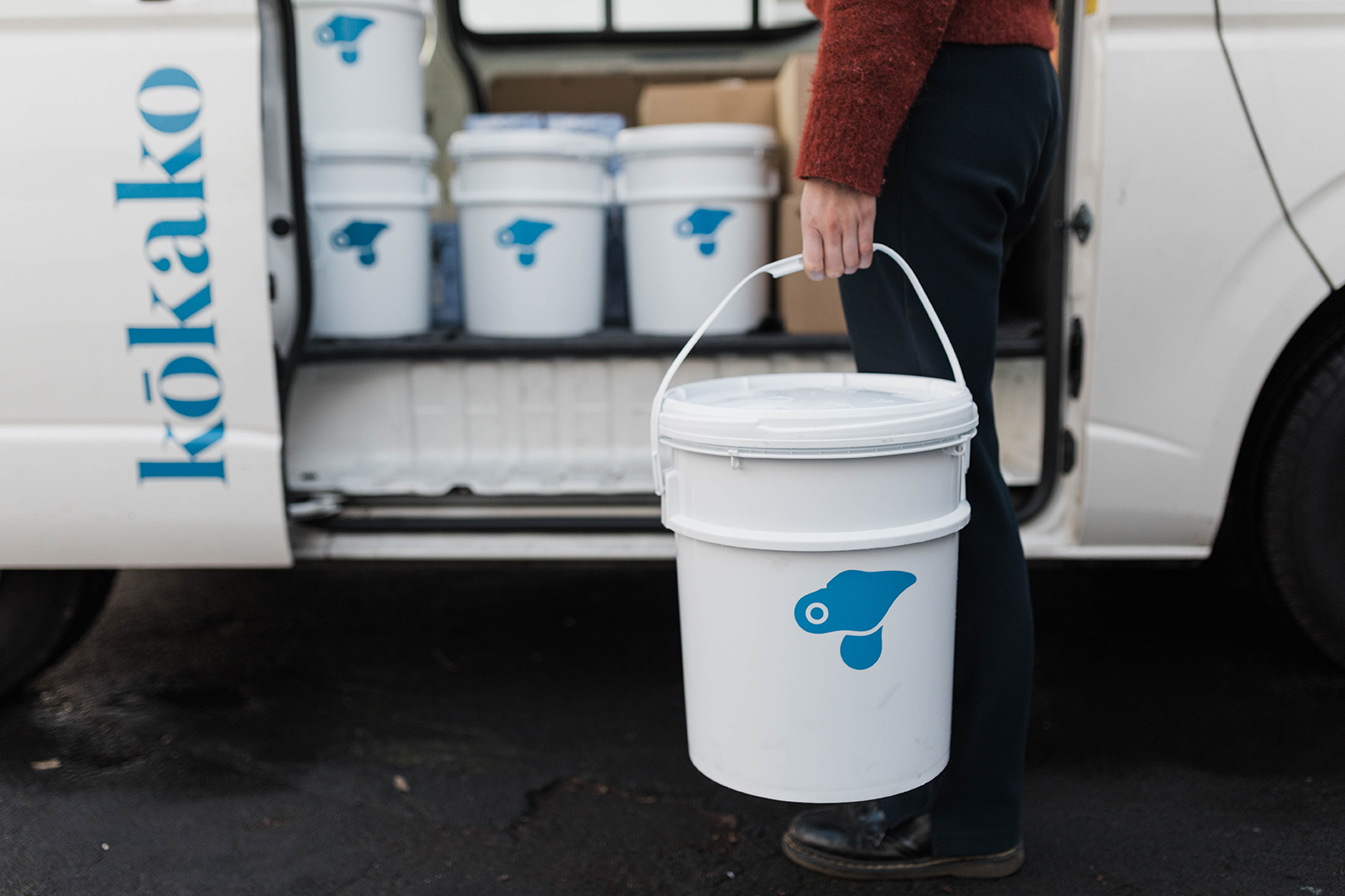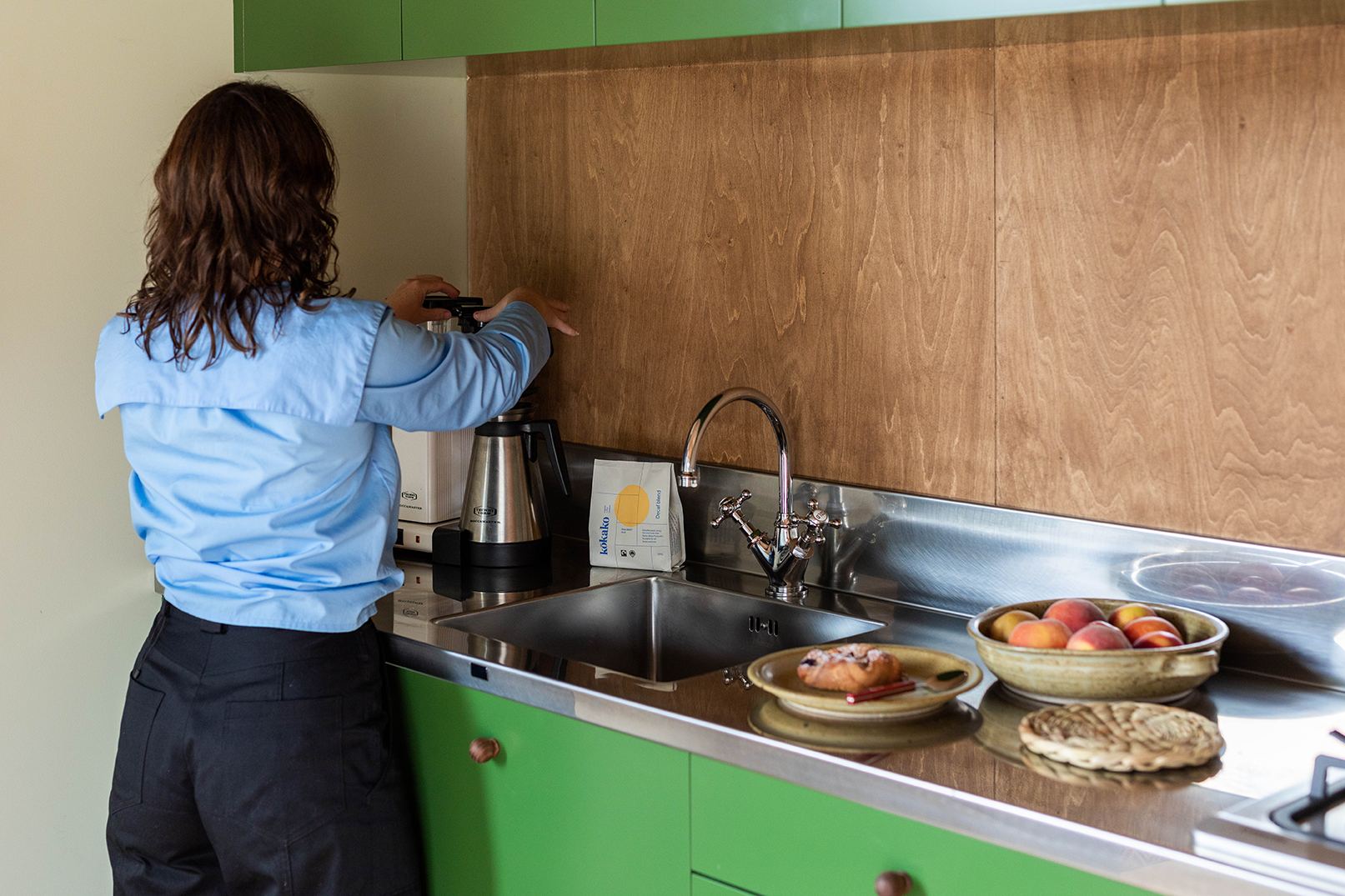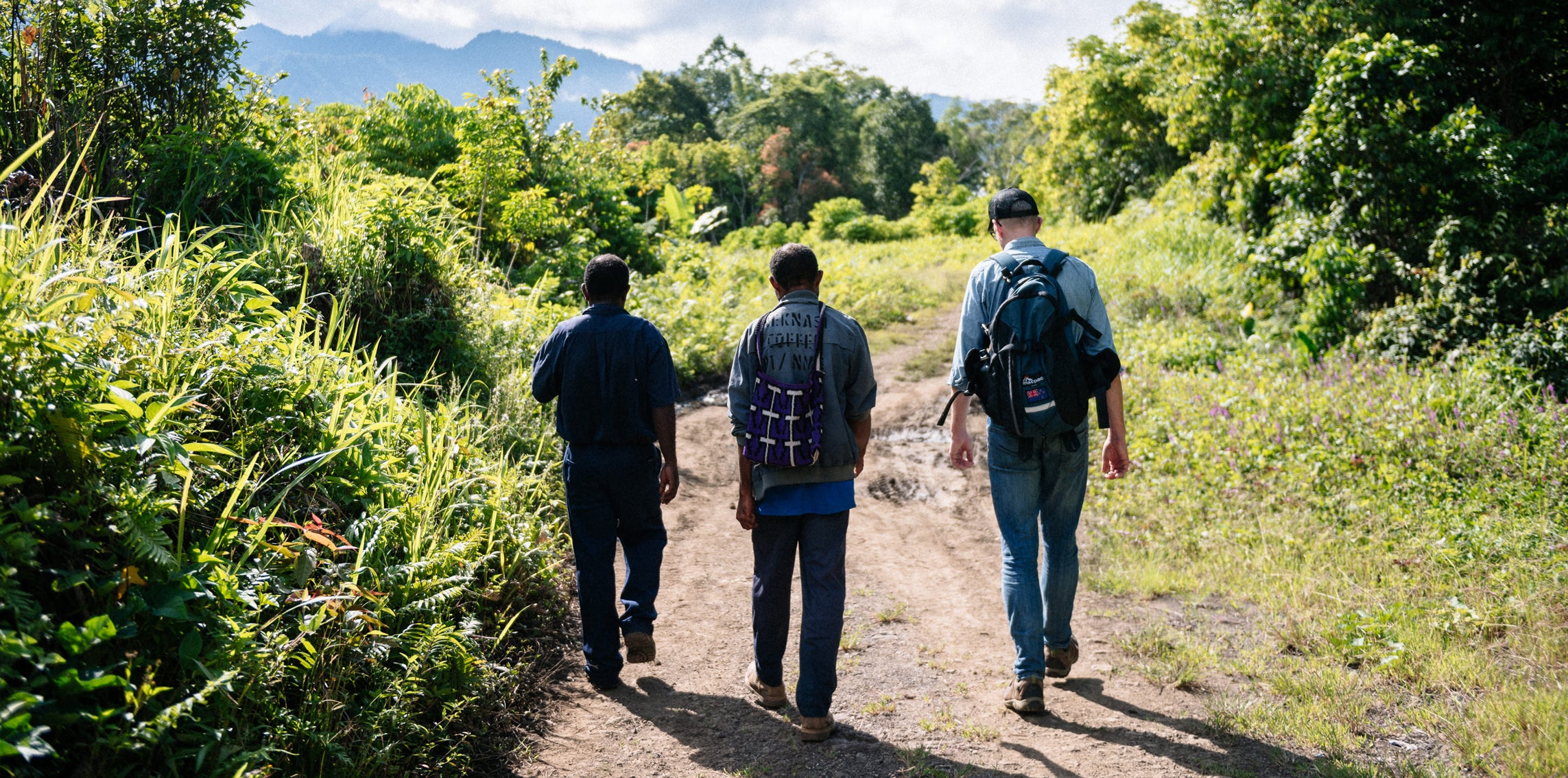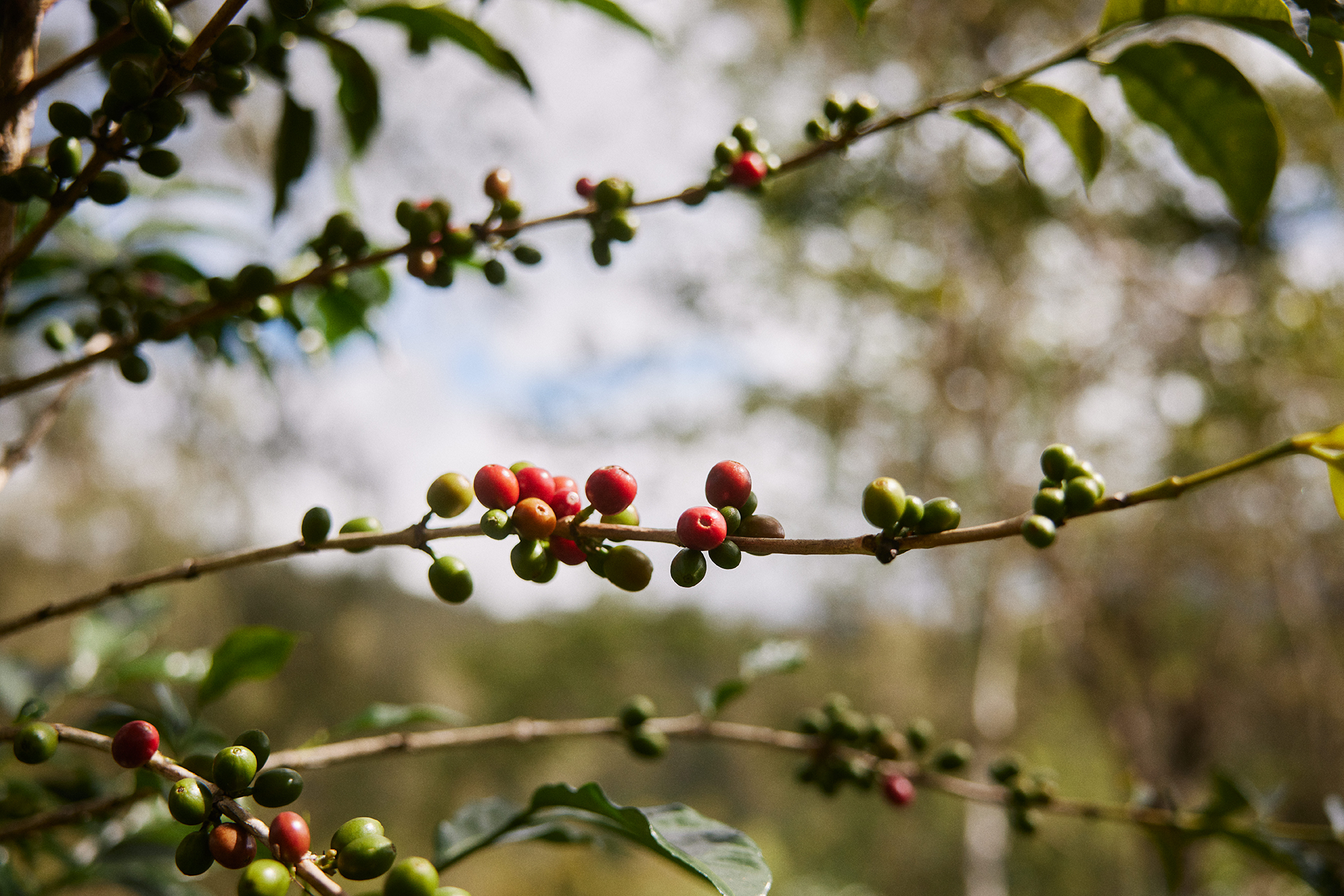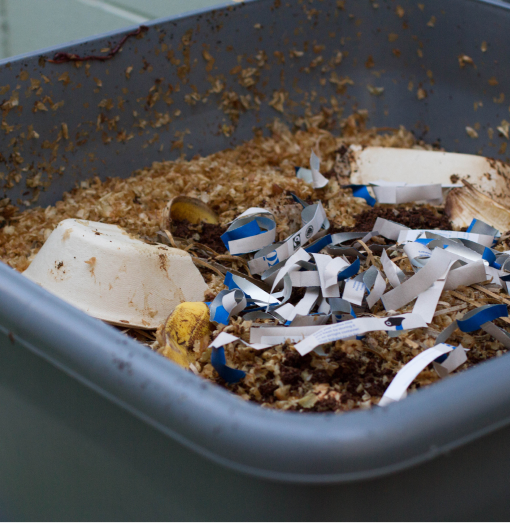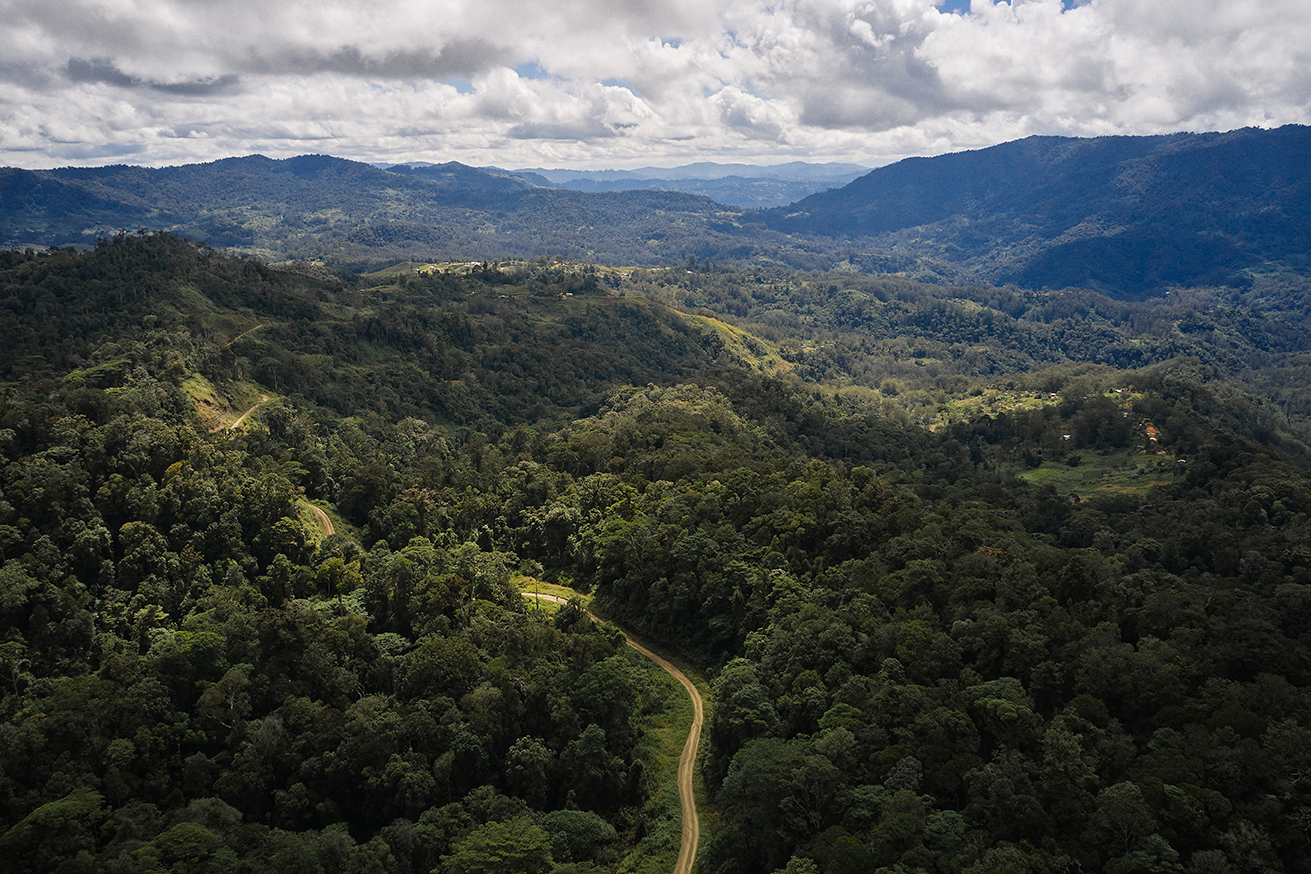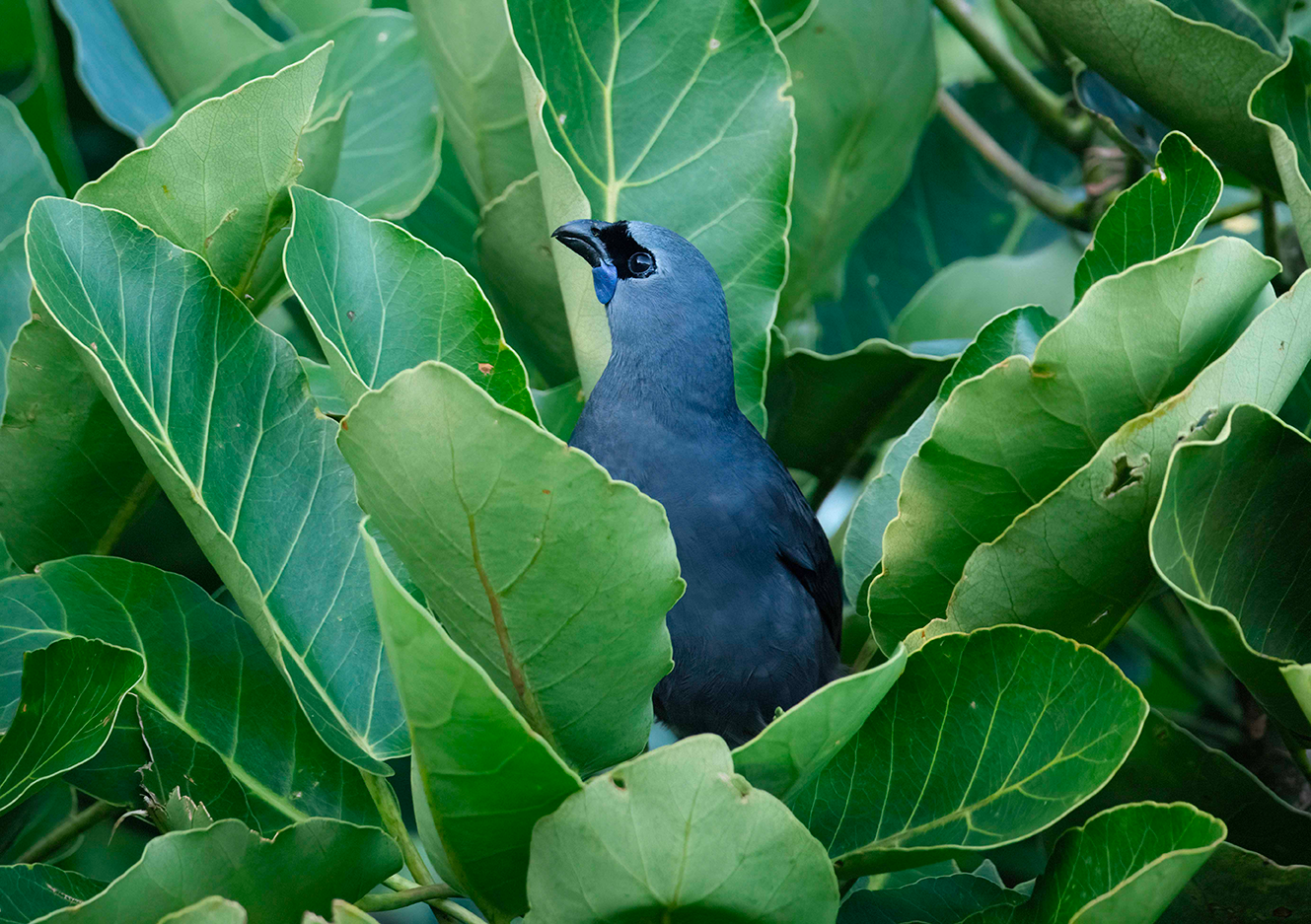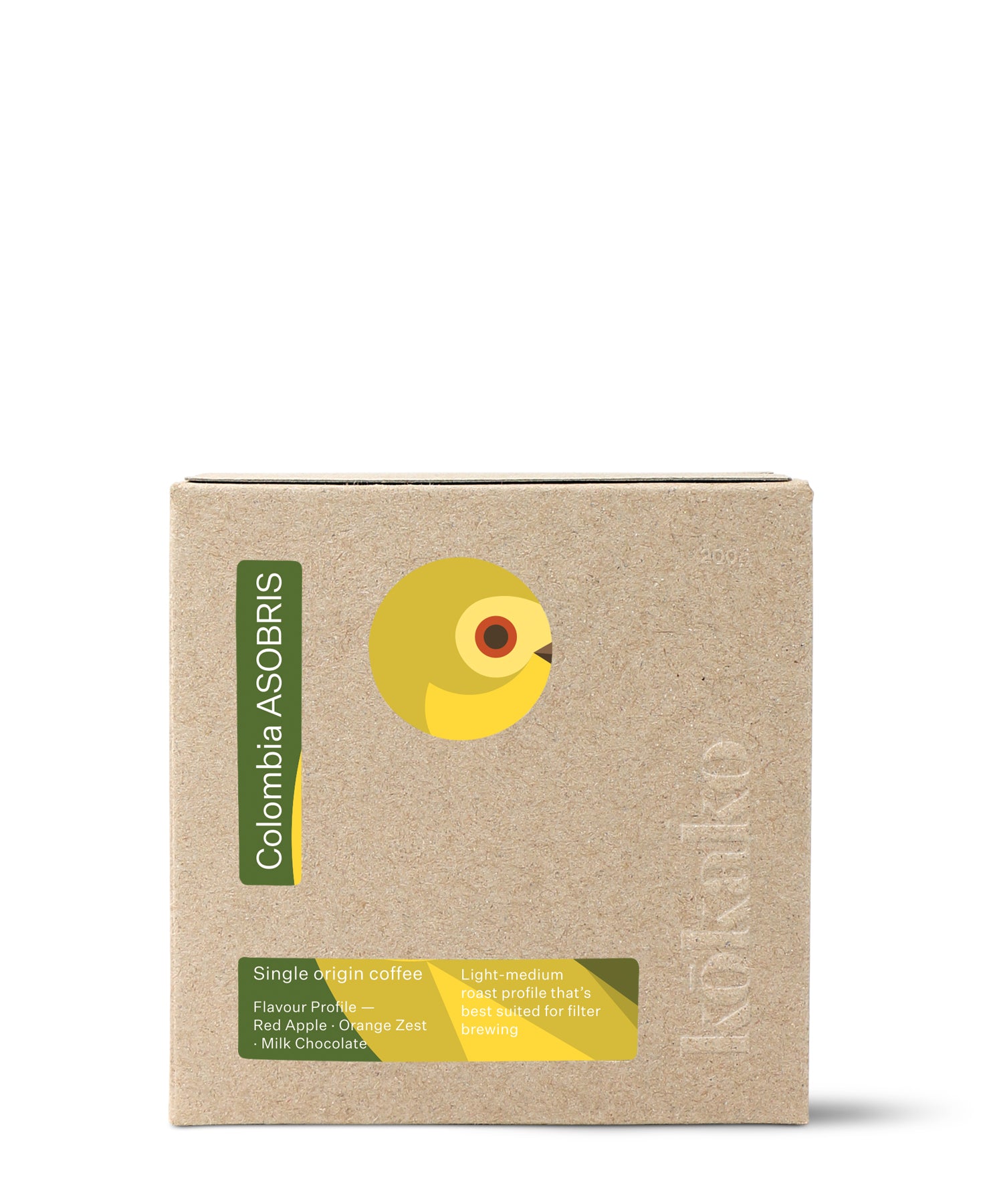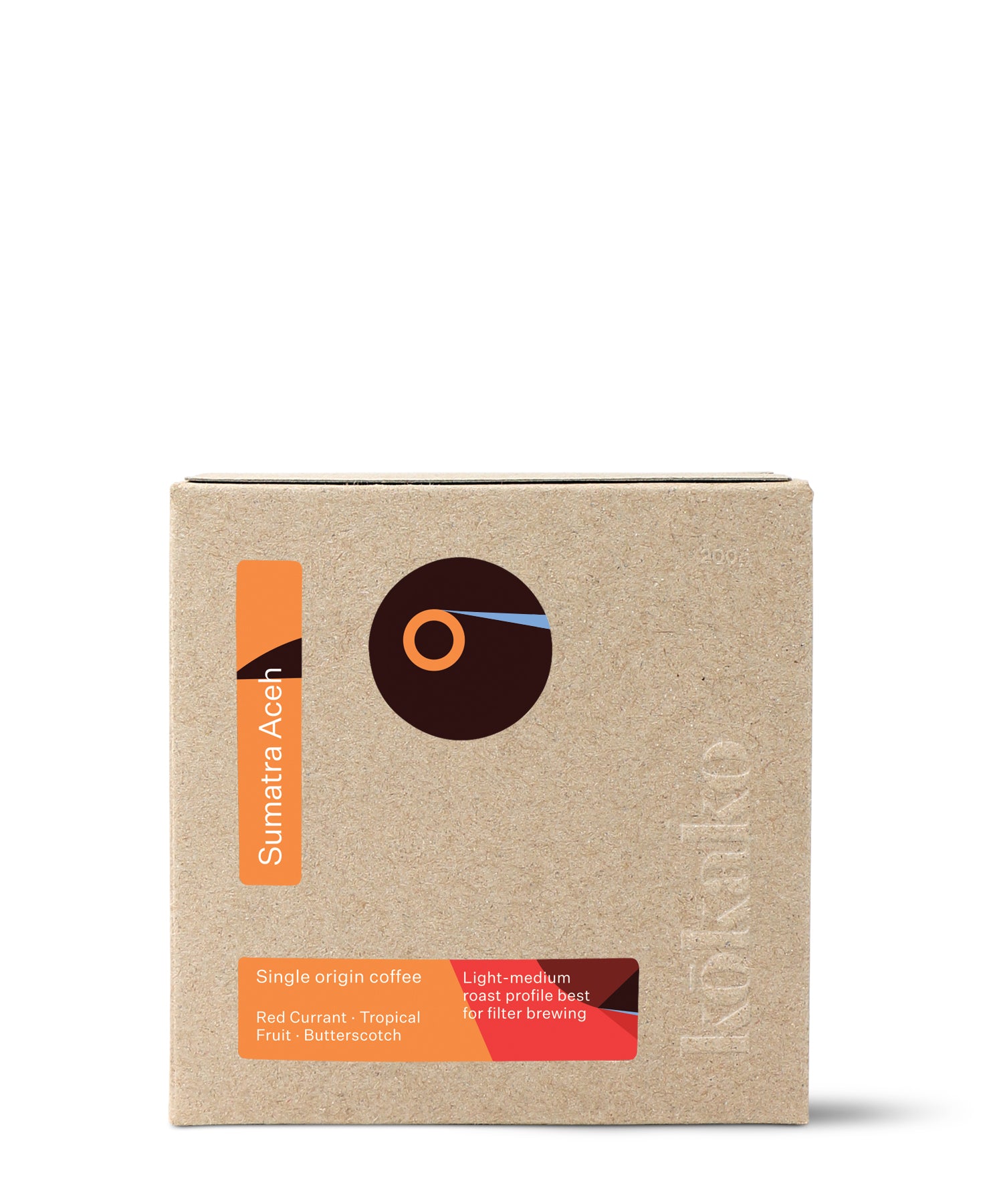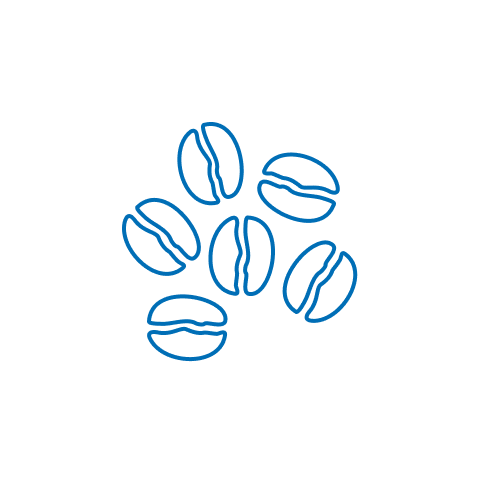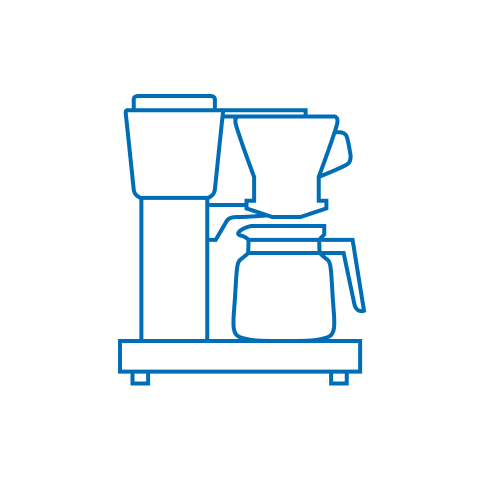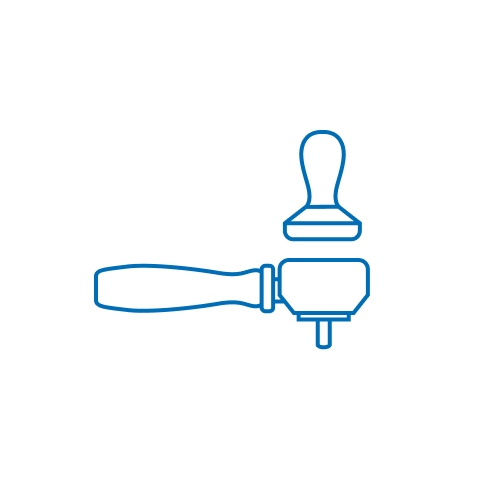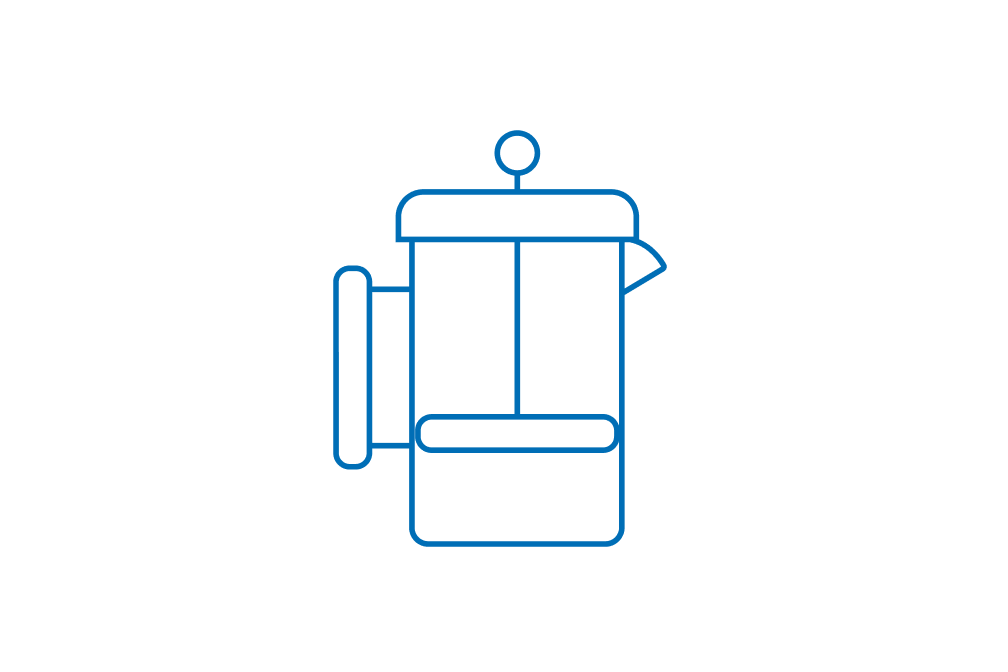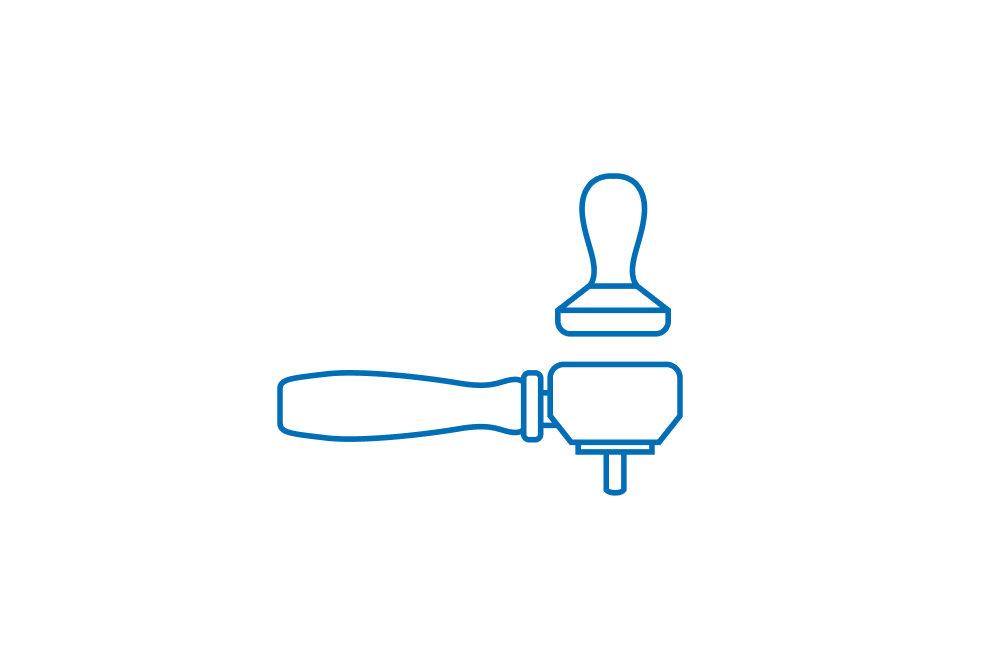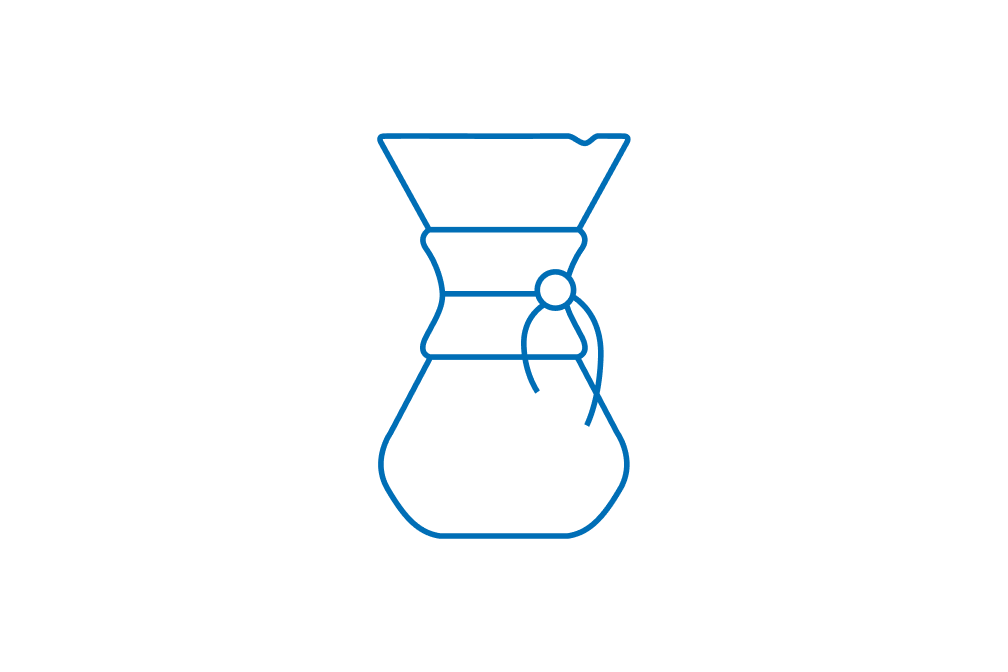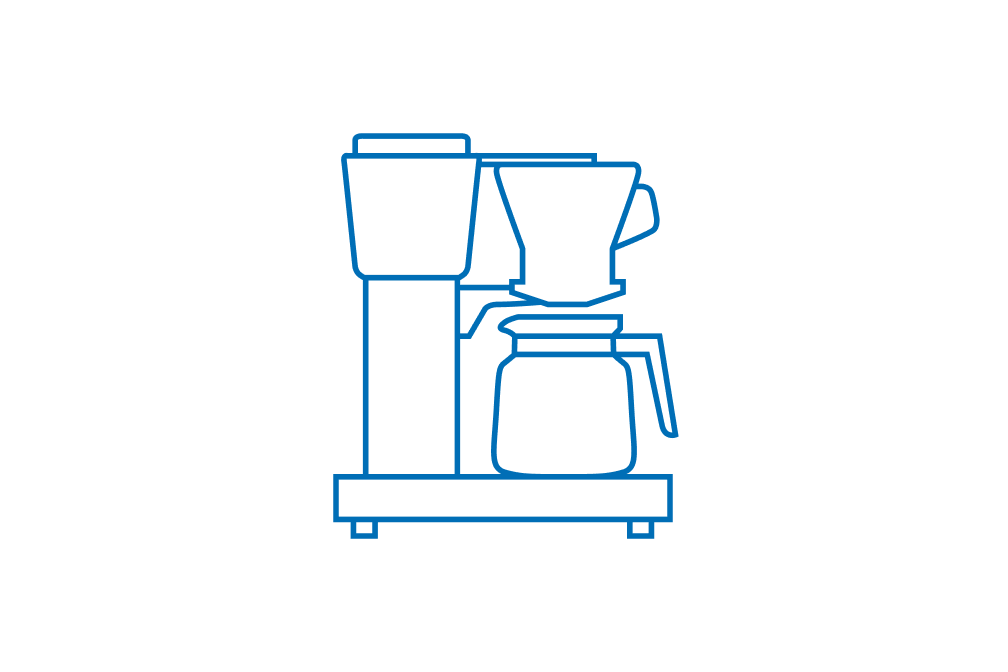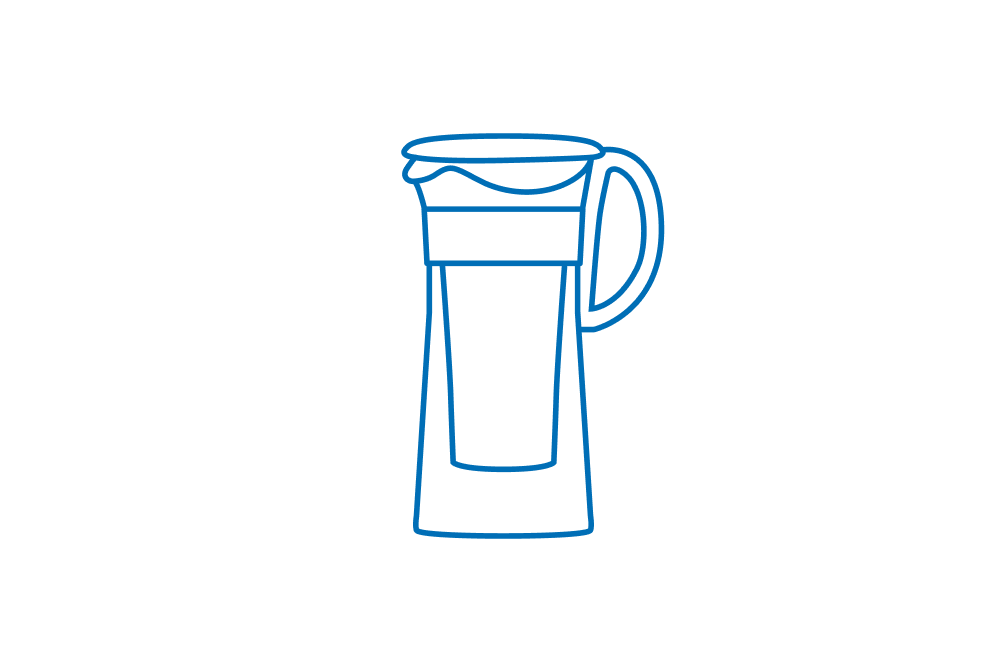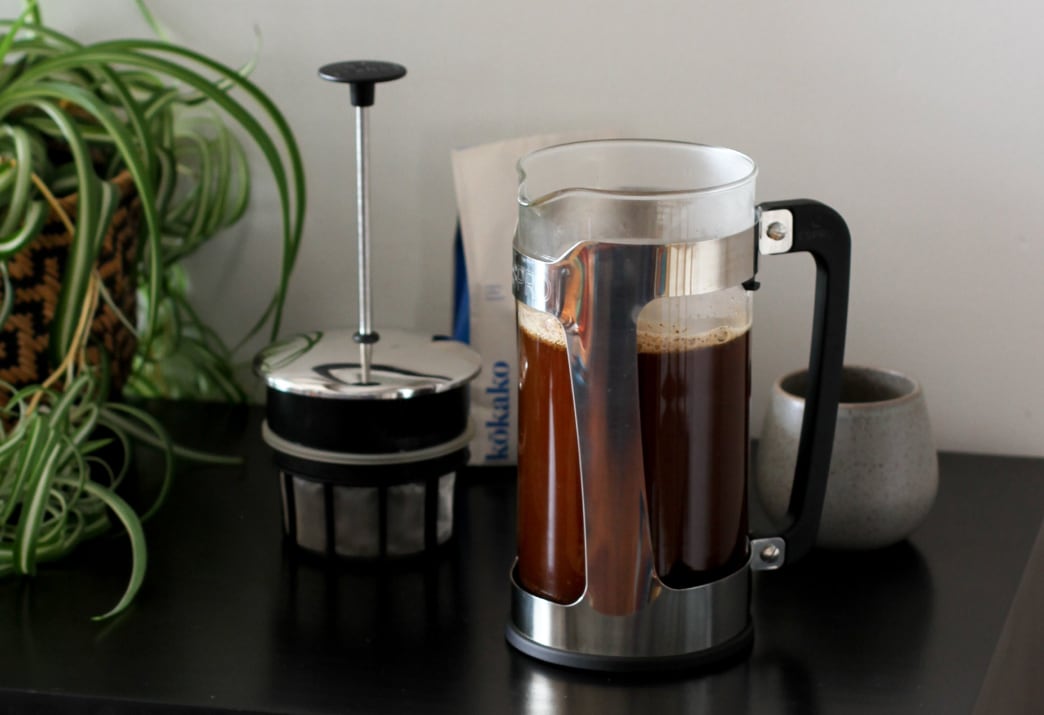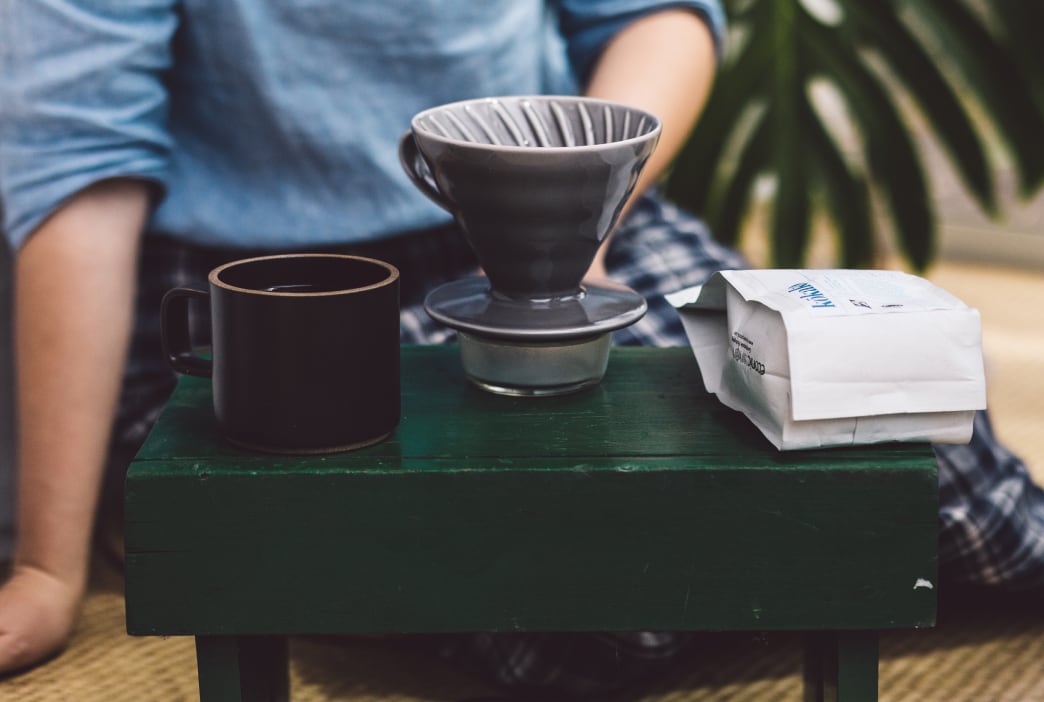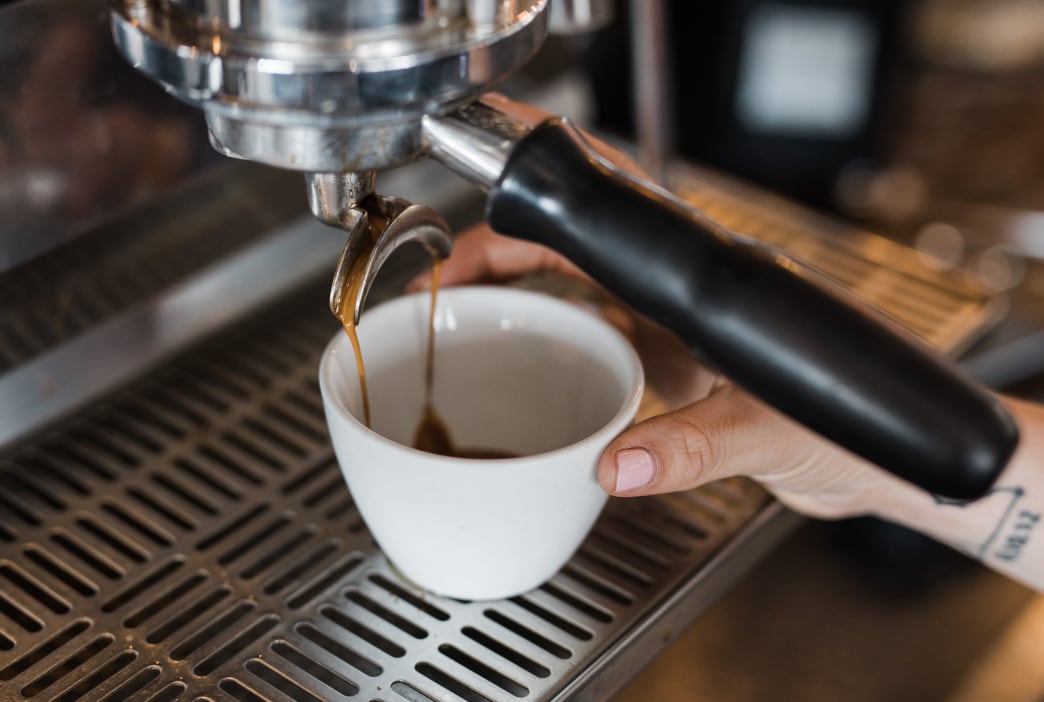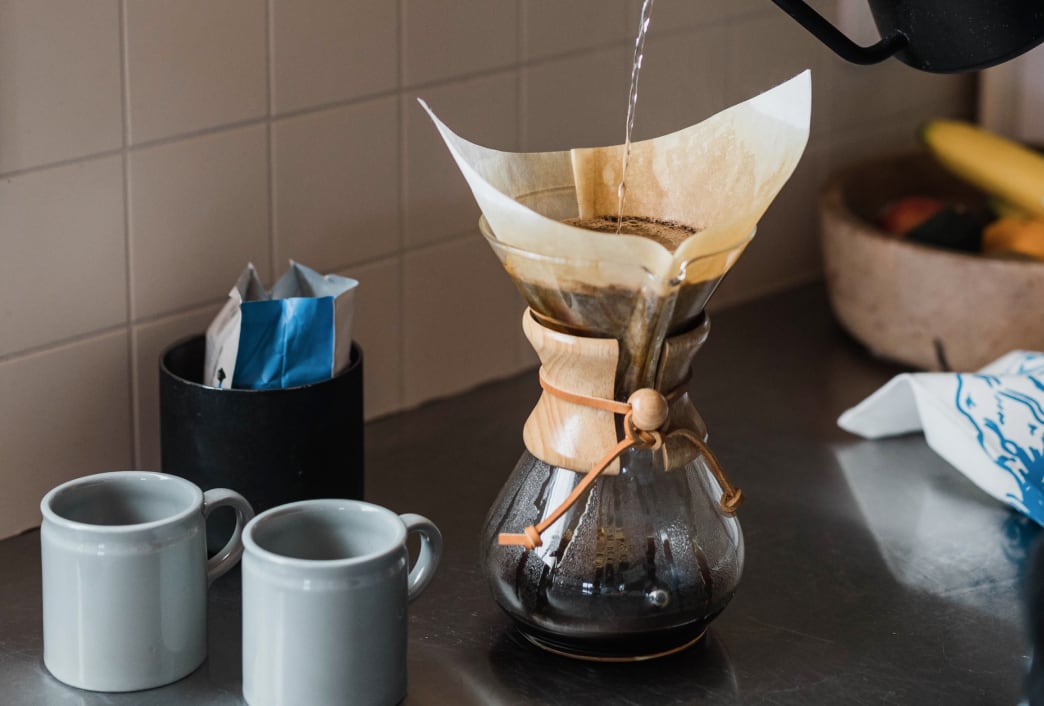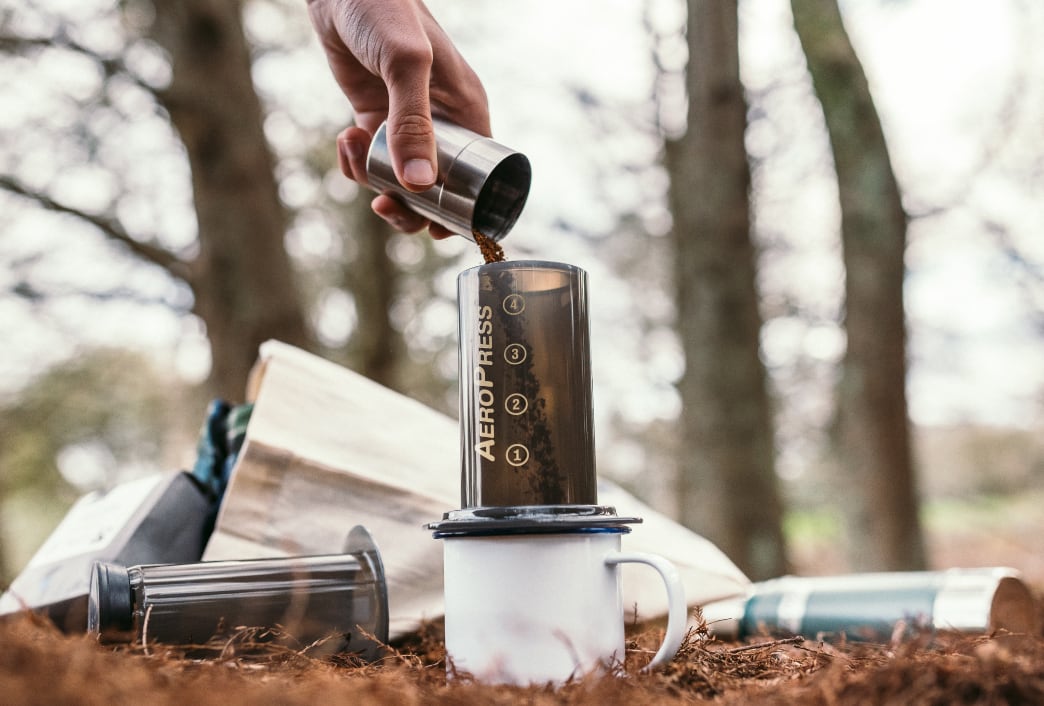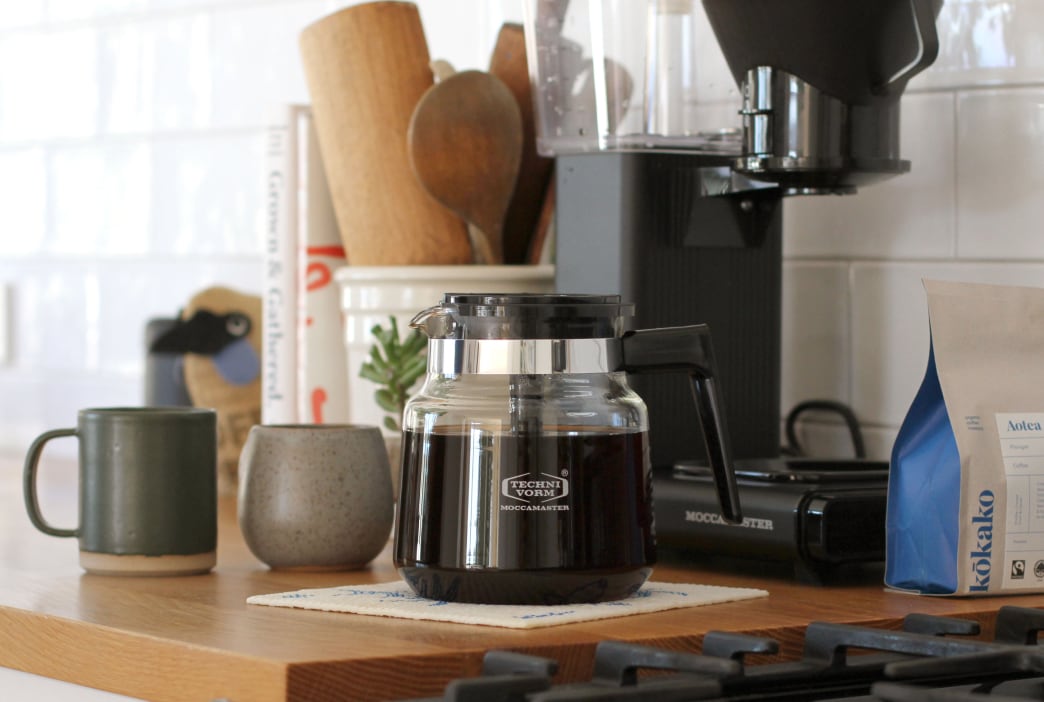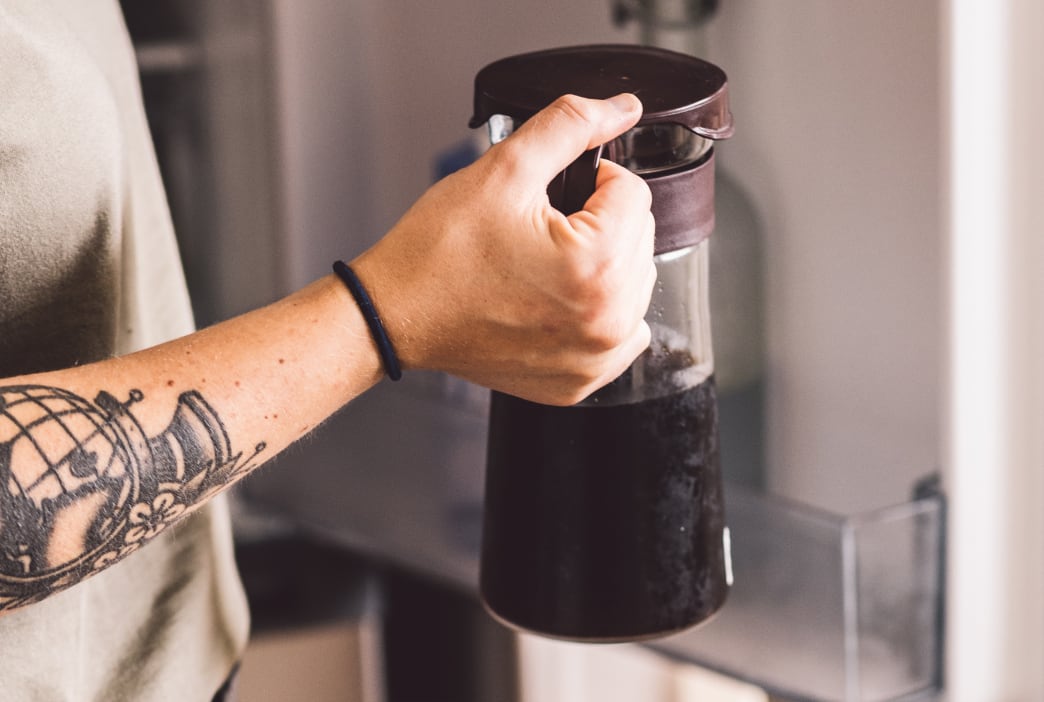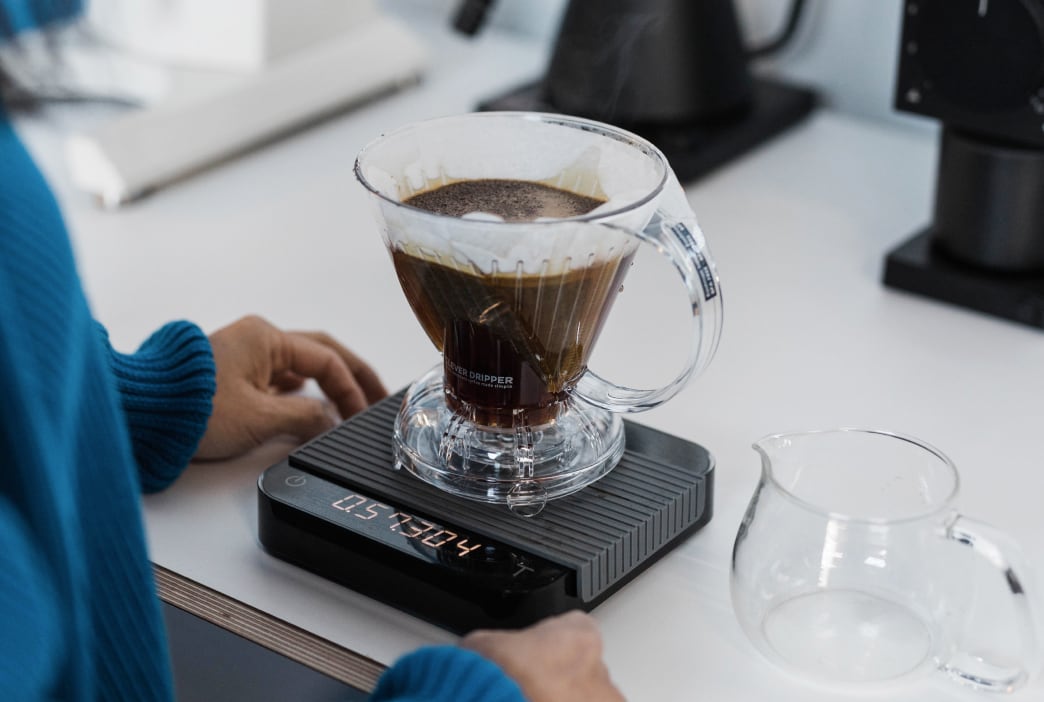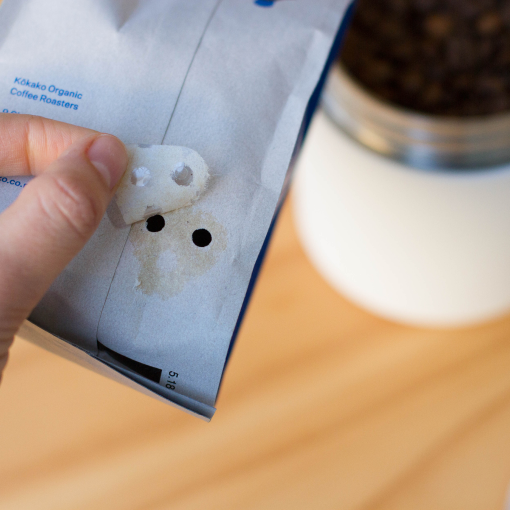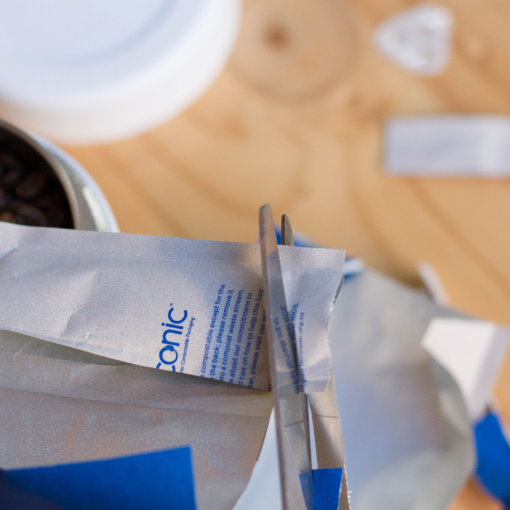December 05, 2019
Finca El Liquidambar, a new natural process coffee for the curious
Coffee processing, it’s related terms and concepts don’t often make it into over-the-counter conversations with your barista while anticipating your morning brew. That said, coffee begins life as a fruit, and the sequence of events this fruit goes through before reaching you is impactful in terms of the flavour profile. The majority of the world’s speciality coffee is processed in more or less the same way. Ripe cherries are handpicked, pulped, fermented, washed in vast amounts of water and then dried for sorting — at which point are packed for export. However, this washed process is not the only process. And as such, we are excited by our most recent launch — Finca El Liquidámbar from Honduras, which features a natural process. Very few farmers process their coffee this way, we’ll explain this process below. Understanding these nuances in processes, you appreciate your coffee that little bit more.
Washed versus natural coffee process— what's the difference?
Coffee cherries usually contain two seeds, which are surrounded by several layers — the silverskin, parchment, mucilage and pulp. The pulp of a coffee cherry contains quite a bit of sugar. And as such, once the coffee cherries are picked, processing must begin as quickly as possible to prevent fruit spoilage. Processing is, put simply the method used to remove the coffee seeds (beans) from the pulp and skin. And depending on the region, local resources and water access, coffee is generally processed by either the natural method or more commonly, washed method. The natural process is the original coffee processing method.
The washed process removes all the soft fruit residue — both skin and pulp before the coffee is dried. Conversely, natural processing is where the coffee cherry in its entirety is dried, with both skin and pulp intact. And once they reach the ideal moisture level, hulls are removed mechanically to reveal the green coffee seed. This washed process produces a cleaner coffee, with a certain clarity and vibrancy. Natural process passively separates the seed from the pulp, and it is much like drying a grape into a raisin. This variation in processing, eliminating washing means that drying occurs much earlier in the process — just after picking. While both washed and natural coffees undergo some degree of fermentation, extended fermentation periods characteristic of natural processing allows flavours of the cherry to be absorbed further by the beans. Higher sugar content also works to impart natural coffees with complex, intense fruity notes and aromas.

Our natural process coffee — Finca El Liquidambar
Natural processing is experiencing somewhat of a revival in regions outside of Ethiopia, where progressive coffee producers have this ability to experiment. It's also signally a return to more ancient methods of coffee processing. Our Finca El Liquidambar is organic, fairly and ethically sourced from grower Lennon Diáz — as all our coffees are. Diáz has an absolute passion for coffee quality and innovation, and he’s also studying to become a qualified coffee cupper. Diáz entered the coffee industry six years ago, returning to his father’s coffee farm looking for a project he could call his own. His first attempts at producing coffee, for the most part leaving his father’s trees alone were of quality, with a high-scoring profile. Encouraged, he set out to further improve on his efforts. Taking advice from the Fairtrade Organic Honduran cooperative COMSA, Diáz focussed on observation and Innovation — hence this natural processed microlot. He selects only the best cherries and taking the utmost care throughout the drying process.

Naturally processed coffee typically has a heavier mouthfeel, lower acidity level — with Finca El Liquidambar, expect something tropical tasting. This natural process coffee will be quite different from your usual. That said, we think experiencing natural process coffee makes for a coffee experience that is that little bit more interesting. Natural processed coffee best suited to filter brewing.

Coffee Finca El Liquidambar
Origin Microlot from COMSA, Honduras
Varieties: Pache, Yellow Catuai
Region Las Flores, Marcala
Owner Lennon Diaz
Certifications FLO, Biolatina, OCIA
Varieties Pache, Yellow Catuai
Post-Harvest Processing Natural process
Elevation 1650
Harvest December to March
Aroma Chocolate, Fresh Pineapple
Flavour Milk chocolate, Pineapple and Green Tea
Acidity Juicy
Body Medium
Aftertaste Long and delicate
Brewing Finca El Liquidambar is best suited to Chemex, Plunger and Batch Brew and will not be available as Espresso. To try this very limited edition natural process coffee, ask your local Kokako outpost or grab yourself a bag here.
Share
Back to articles



